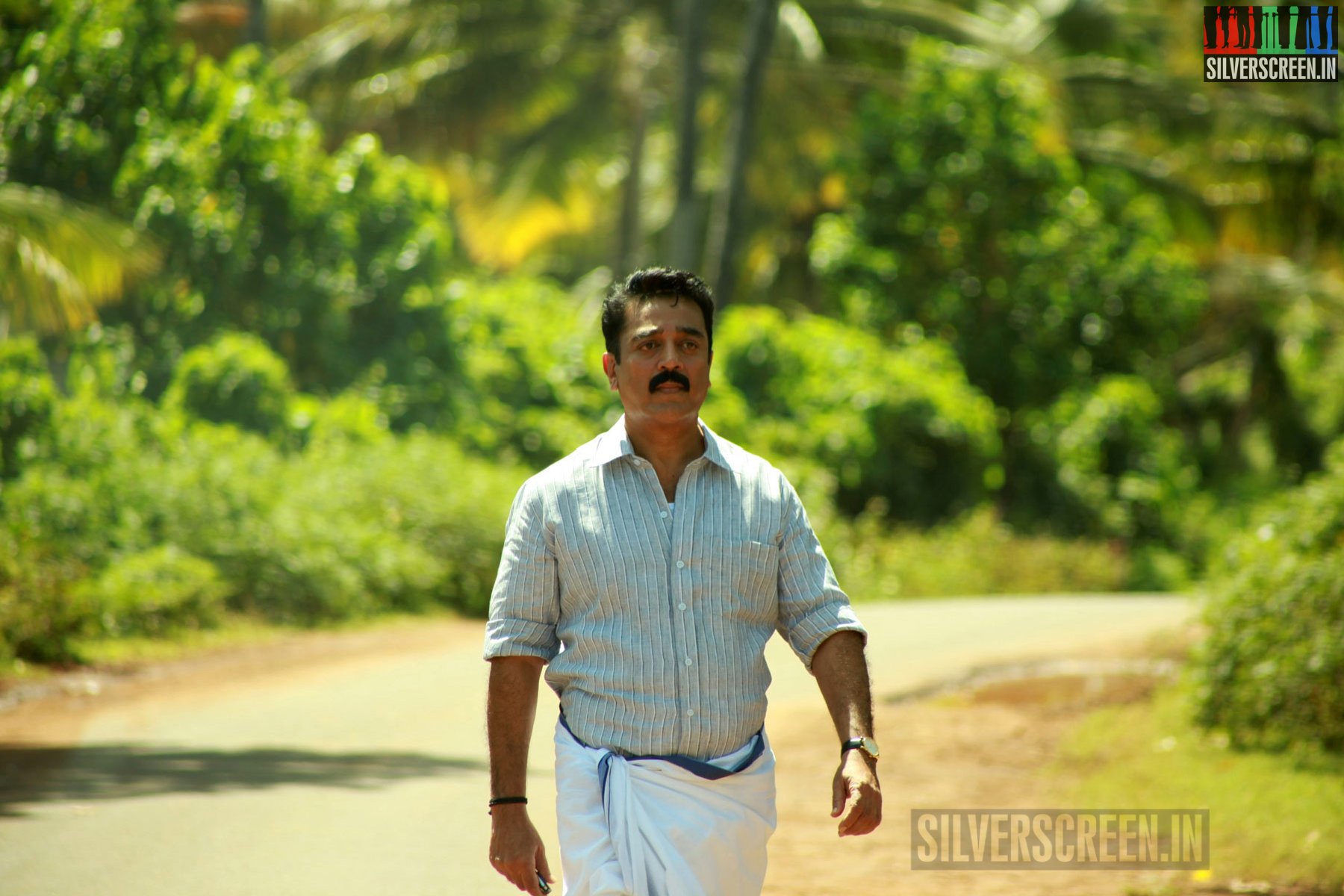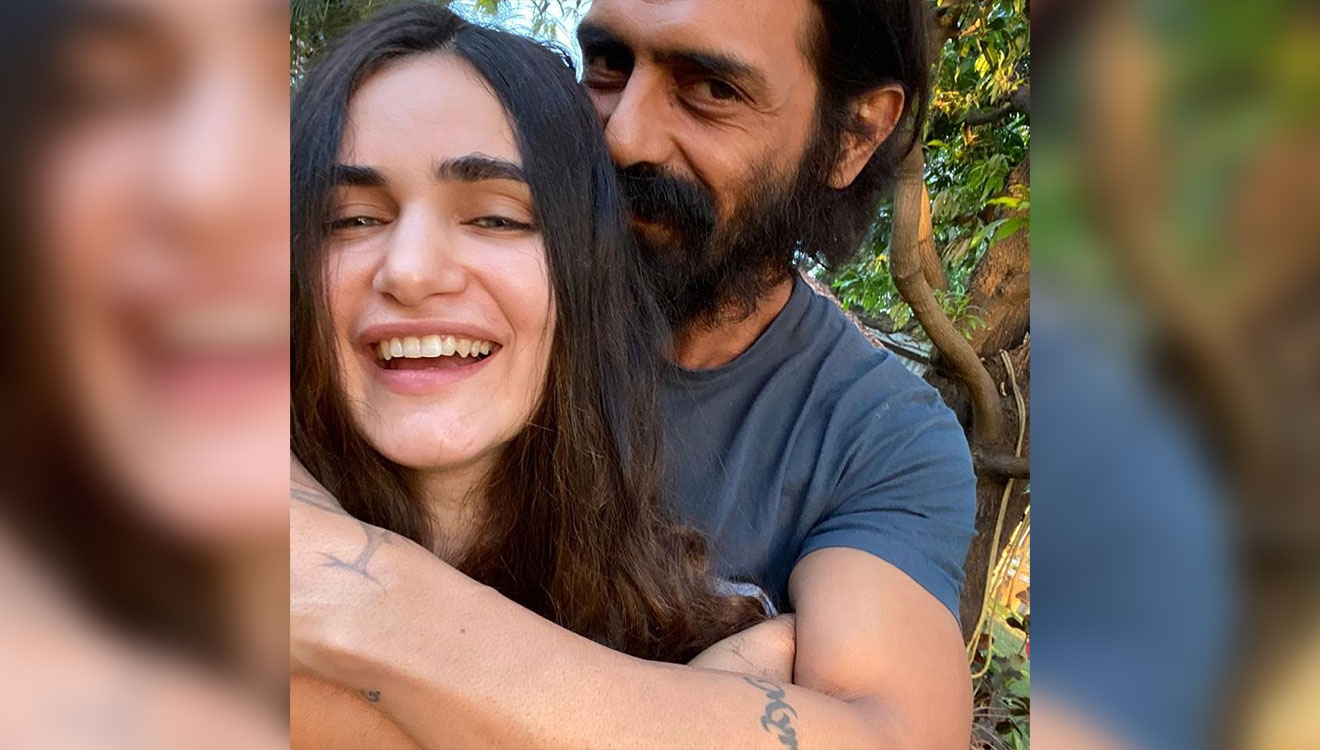Ranjith Shankar’s Sunny is the second Malayalam feature film to feature the Covid-19 pandemic as an intervention in the characters’ lives. Sunny (Jayasurya), a Gulf returnee, moves into a hotel for his 7-day quarantine. The period brings him face to face with the demons residing in his own mind, tests his limits and eventually, brings him to a state of composure.
It is a familiar story, of a man born again after a period of isolation. The film is set in a single location, a high-end Kochi hotel with a balcony that offers a sweeping view of the backwaters. The narrative is slim – nothing much happens over the seven days other than a daily dose of phone calls from different people in his life, new and old. At one point, he strikes up a friendship with a young woman staying in the room above his. A romantic cliché. But the film is written smartly enough to keep the viewer hooked to the protagonist’s life.
Information is divulged in a measured fashion. Sunny has a heavy burden of debt and a marriage in crisis weighing on his chest. In the opening scene, he asks his taxi driver for a lighter, the latter hands it over with a gentle warning. A hackneyed exchange, but the scene ends oddly, with Sunny setting his passport on fire. It would be long before the viewers understand the man’s disenchantment towards life. Ranjith Shankar, here, displays an unusual grip on the narrative pace, neither rushing to make a motivational statement nor going into a murky self-indulgent show of melancholy.
And this rhythmic storytelling is, to a great extent, thanks to cinematographer Madhu Neelakantan, whose camera deeply engages with the space and the character. Kochi, in Sunny, is a deserted city, dripping blue and black, seen through the thick glass windows of the luxury hotel that acts like an artist’s canvas.
Although the film’s primary theme is the state of isolation that the pandemic pushed many people into, it addresses the issue rather subtly, without making a fuss about loneliness, a word that is slowly losing meaning thanks to overuse in pop culture. For one, twice in the film, Sunny calls out to the bellboy who leaves meals at his door, first out of desperation, to ask for a bottle of alcohol (he comes dangerously close to becoming an alcoholic) and the second time, out of impulse, perhaps to make contact with another human being. In another instance, he is seen looking at a security guard in front of a faraway gate and a bellboy pushing a food cart through the lobby downstairs. Sunny’s yearning for human contact comes through organically, through images of him watching.
Had the pandemic not happened and confined him to a hotel room, would Sunny have faced a similar sense of isolation? Yes, by all measures. The film etches out a rational picture of a man drowning in a mix of financial and personal problems, whose friends and family no longer recognise him. In one of the most poignant moments in the film, he calls his dead father’s number and talks to the stranger on the other end. The stranger does not sound flabbergasted or irked. He understands.
The film smoothly presents the supporting characters through phone conversations that do not sound expository. At one point, he makes desperate calls to a number saved on the phone as Doctor Anuradha who, several scenes later, is revealed to have played an intimate and prominent part in his life. Although you do not know their backstory, you can guess the bits and pieces from the clues the film drops.
Jayasurya is in his element here, delivering a thoroughly restrained performance, careful not to turn it into a one-act play that draws attention to itself. There are several instances where he understates Sunny’s state of mind and lets Madhu Neelakandan’s camera assume centre stage. Although the supporting actors, such as Aju Varghese and Vijaya Raghavan, do not appear on the screen, they beautifully bring their characters alive through their voices.
But the film is far from perfect. One of the forceful insertions in the film is the character of a psychiatric counsellor, voiced by Innocent, who trains Sunny to come out of alcohol dependency and his suicidal thoughts. In this part, dialogues sound like they were written to impress, to push to the audience a clichéd message about the value of life. When Sunny requests a bottle of alcohol to survive, the doctor gives him a plant, a rather strange gift given that Sunny’s stay at the hotel is temporary. The plant reappears in a later scene, composed of unwarranted painstaking shots, where Sunny prepares a medicinal tea using its leaves to cure the signs of the virus infection.
Recommended
Barring segments like this, little in Sunny reminds you that it is the work of the same Ranjith Shankar who directed bloated and bland films such as Kamala and Punyalan Private Limited. This restraint in Shankar’s filmmaking was last seen in Ramante Eden Thottam which was, despite the flabby comic segments in the middle, a rather earnest work that knew what it wanted to say. Things do not take miraculous turns in Sunny, and rightfully so. It is a film that merely takes a compassionate look at a life making a sincere effort to fall back on track and run for a second chance.
*****
This Sunny review is a Silverscreen original article. It was not paid for or commissioned by anyone associated with the movie. Silverscreen.in and its writers do not have any commercial relationship with movies that are reviewed on the site.



